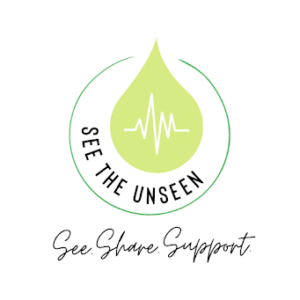I do not inherently hate capitalism, nor do I inherently hate socialism. Both economies can be twisted by the powerful to oppress and persecute. The core business model for private prisons, for example, is based on incarcerating as many people as possible. The more occupied cells they have, the more profit they see, and I cannot think of a more disturbing perversion of capitalism.
In the past months, the private prison industry has received a massive boost in reputation and cash flow, mostly thanks to the rhetoric and legislation pushed through by President Donald Trump and his administration.
On Nov. 8, the day Trump won the presidency, the Corrections Corporation of America (CoreCivic), the country’s largest operator of private prisons, saw its stock prices rise 43 percent, and its overall stocks are now currently up more than 100 percent since election day.
During his campaign, Trump created a narrative of crime-infested cities and rampant violence that preyed upon public fears and preexisting perceptions. He also called the nation’s federal prison system “a disaster” and added, “I think we can do a lot of privatizations and private prisons. It seems to work a lot better.”
Last Thursday, Trump’s new Attorney General Jeff Sessions scrapped an order issued last August by President Obama’s Justice Department to phase out governmental use of private prisons, which increased substantially in the 1980s under Reagan. At their peak in 2013, privately run prisons housed 30,000 inmates, or about 15 percent of the total federal prison population.
The entire premise of privatized incarceration is morally unacceptable. Legal correction and imprisonment should not be the responsibility of those whose primary concerns are bottom lines and shareholder returns, and private prisons’ track records support my sentiment.
Horror stories of corruption and abuse at private prisons and detention facilities are not in short supply — violence is an everyday occurrence and underpaid guards act as tyrants without effective oversight. As Sally Yates, Obama’s deputy attorney general, explained in a memo accompanying last August’s order, private prisons fall short when compared to government facilities on most crucial facets. They aren’t as safe for staff members or prisoners. They don’t provide the same quality of rehabilitative programs, like education or job training that can help former inmates lead prosperous lives upon release.
They don’t even save substantially on costs per prisoner, according to Yates’s memo.
Despite all this, private prisons are booming. In 2014, the top two correctional corporations (CoreCivic and the GEO Group) had revenues of $3.3 billion, nearly twice what they profited in 2006.
Trump is a successful businessman, so I can imagine him being at a crossroads. Private correctional institutions make a hefty profit, but those funds don’t benefit him in slightest, which is sure to ruffle his feathers. A major tagline in Trump’s campaign was his assurance that he would run government like his business. For this president, however, seeming tough on crime is a priority, no matter how the figures add up.
At this point, Sessions’s rollback decision will affect relatively few people — today, private prisons only house 22,000 of America’s 193,000 prisoners, and the federal prison population has been shrinking for four years — but the future is bleak. Private prisons will undoubtedly expand under Trump’s administration, and I would implore Congress to leave these institutions in the rearview mirror.














Be First to Comment